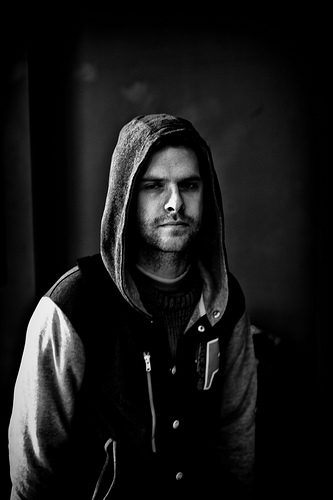When you have eliminated the impossible, whatever remains, however improbable, must be the truth. – Sir Arthur Conan Doyle, stated by Sherlock Holmes

From the curve of the wall and the shape of the tile, it is likely a subway station. From the graphic, I must say, this is the Baker Street station of the Tube. It’s elementary, when you think about it.
What does that mean?
To me, this is all about logic. If you start with everything you can think of, and then eliminate those that are impossible, you are well on your way to a solution.
That’s the first stage of solving any mystery, whether it’s a murder mystery in a book (or TV, or movie, or…) or something you expected to work, but didn’t. You have to eliminate all the things that it couldn’t possibly be, or you will have too many distractions.
Once we clear out all the distractions, we can focus on what remains. Sometimes what is left is easy to believe, other times it can seem highly improbable. However, with the impossible eliminated, what remains are the only possible solutions. And one of them must be the truth.
Why is clearing out the impossible solutions important? Continue reading














